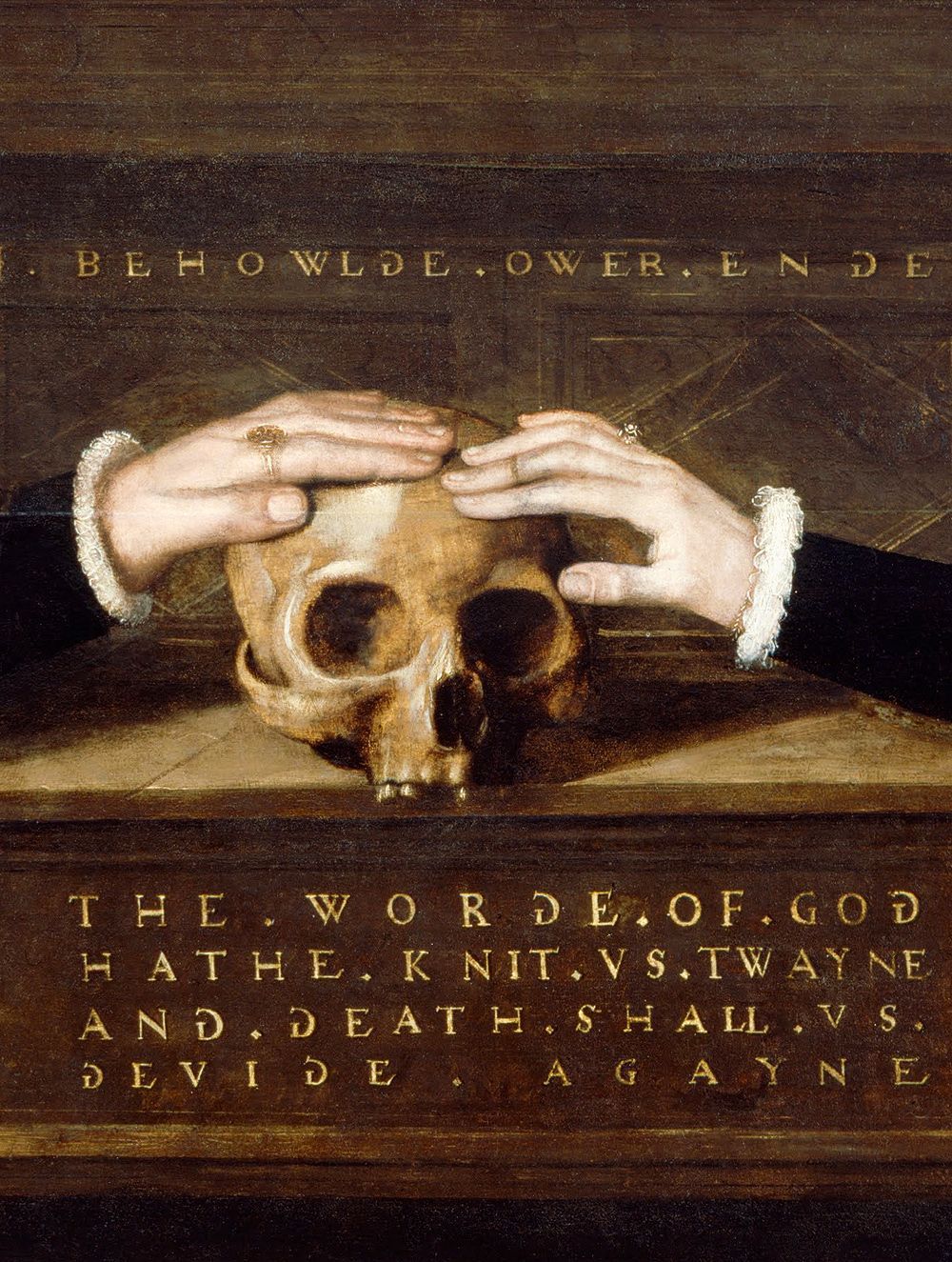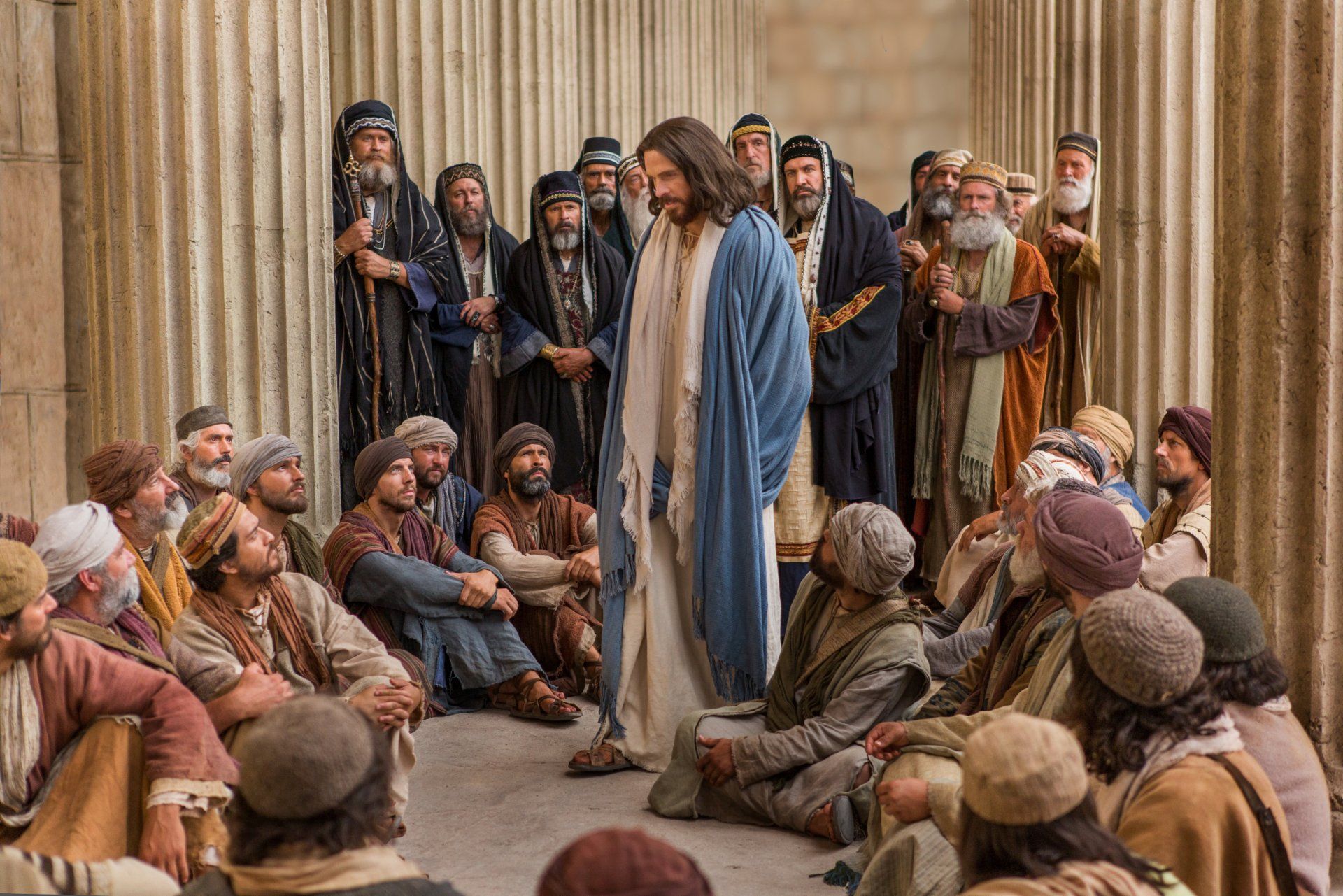Message of Abbot Paul - Saturday 1st April 2023
Abbot Paul • March 31, 2023


You might remember that last Sunday we heard the account from John’s Gospel of the Raising of Lazarus, one of the unforgettable stories about Jesus in the Fourth Gospel. In today’s Gospel passage, (Jn 11: 45-56), we read the sequel, you could say, what happened as a result of that miracle. “Many of the Jews who had come to visit Mary and had seen what Jesus did believed in him, but some of them went to tell the Pharisees what Jesus had done.” Sadly, the fact that many Jews came to believe in Jesus takes second place to the fact that others reported what had happened to the Pharisees. Trouble was bound to come out of this and it most surely did. “Then the chief priests and Pharisees called a meeting. ‘Here is this man working all these signs’ they said ‘and what action are we taking? If we let him go on in this way everybody will believe in him, and the Romans will come and destroy the Holy Place and our nation.’” What is interesting here is the fear of the Romans that they express, over and above any theological concern for what Jesus has said about himself. If the crowds begin to follow Jesus, he will be regarded as a political agitator and the Romans will come in and destroy the Temple and fully subjugate the nation. Ironically, this happened in the year 70AD.
Next John reports the words of the high priest Caiaphas. “You do not seem to have grasped the situation at all; you fail to see that it is better for one man to die for the people, than for the whole nation to be destroyed.” He then comments, and this is important. “He did not speak in his own person, it was as high priest that he made this prophecy that Jesus was to die for the nation – and not for the nation only, but to gather together in unity the scattered children of God.” God can use even an evil and corrupt man to make a prophecy, that Jesus would die not only to save his own people but the whole world. As a result of his words, the religious authorities set out seriously to find Jesus, arrest him and have him killed. He has become a political danger to them as well as a religious one. Jesus himself now goes into hiding with his disciples in the country area bordering on the desert, but that refuge would only last a short while, as Passover was approaching.
John reports an expectancy among the people. “The Jewish Passover drew near, and many of the country people who had gone up to Jerusalem to purify themselves looked out for Jesus, saying to one another as they stood about in the Temple, ‘What do you think? Will he come to the festival or not?’” There are times when John’s Gospel reads almost as a pantomime script. As well as speaking amongst themselves, these country folk are addressing the reader or the hearer of the Gospel, and our church congregations too. Will he come, or won’t he? What do you think?









